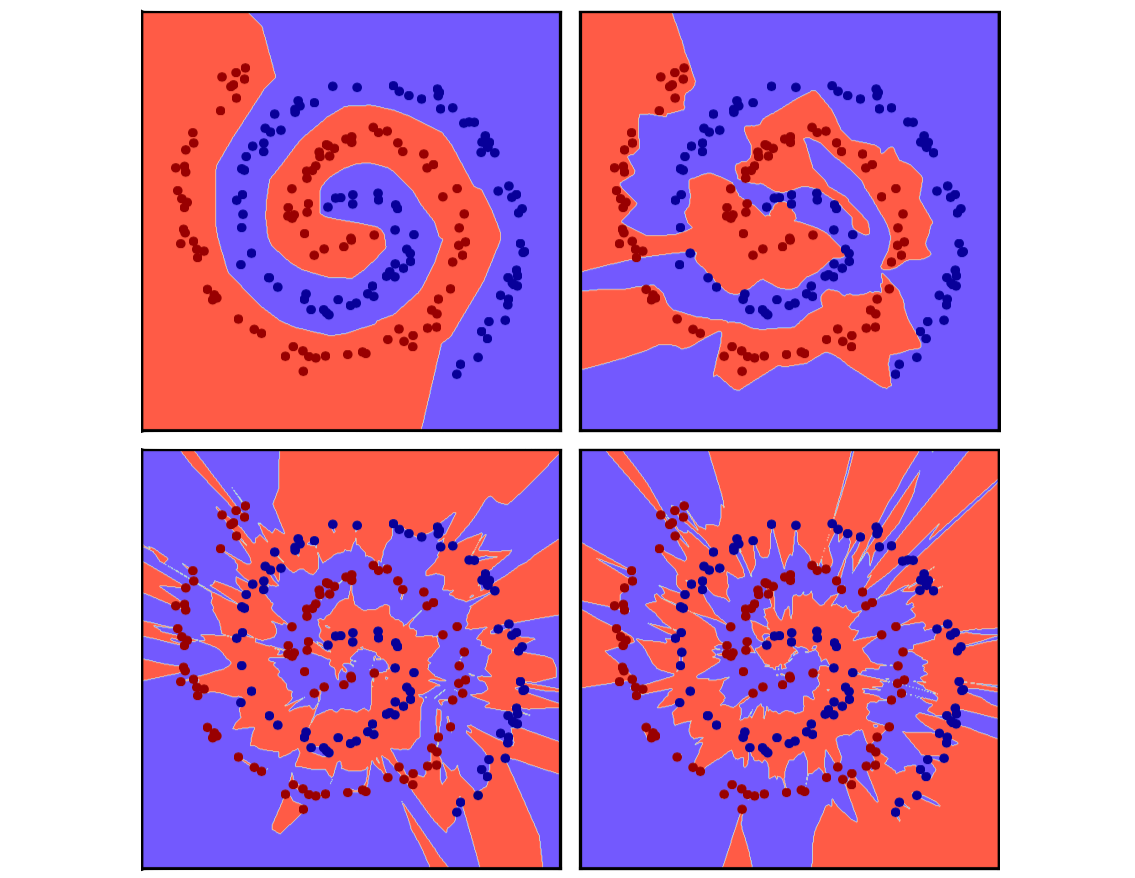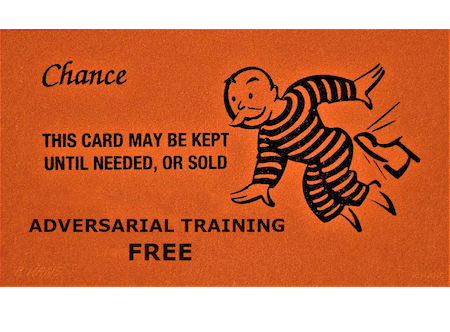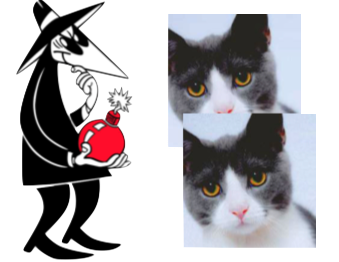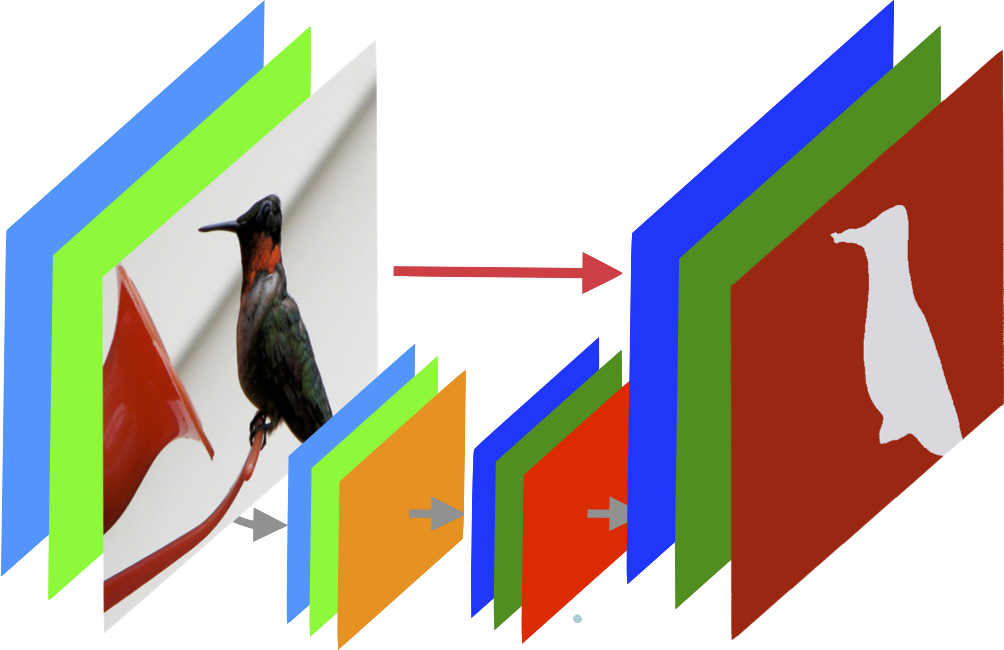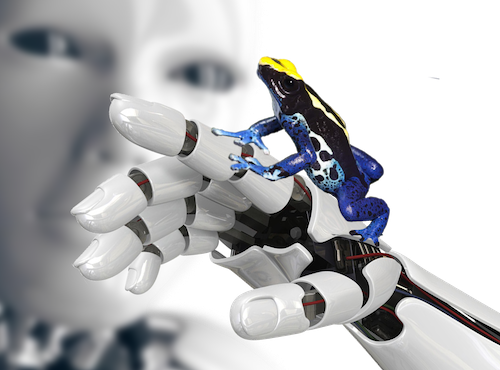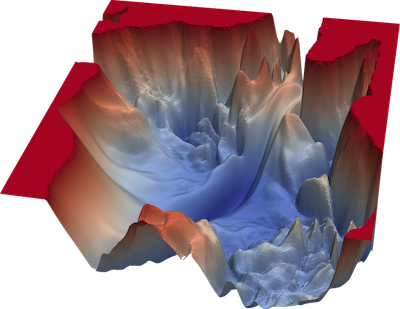Deep Thinking
Overview
Deep neural networks are powerful machines for visual pattern recognition, but reasoning tasks that are easy for humans may still be difficult for neural models. Humans can extrapolate simple reasoning strategies to solve difficult problems using long sequences of abstract manipulations, i.e., harder problems are solved by thinking for longer. In contrast, the sequential computing budget of feed-forward networks is limited by their depth, and networks trained on simple problems have no way of extending their reasoning capabilities without retraining.




